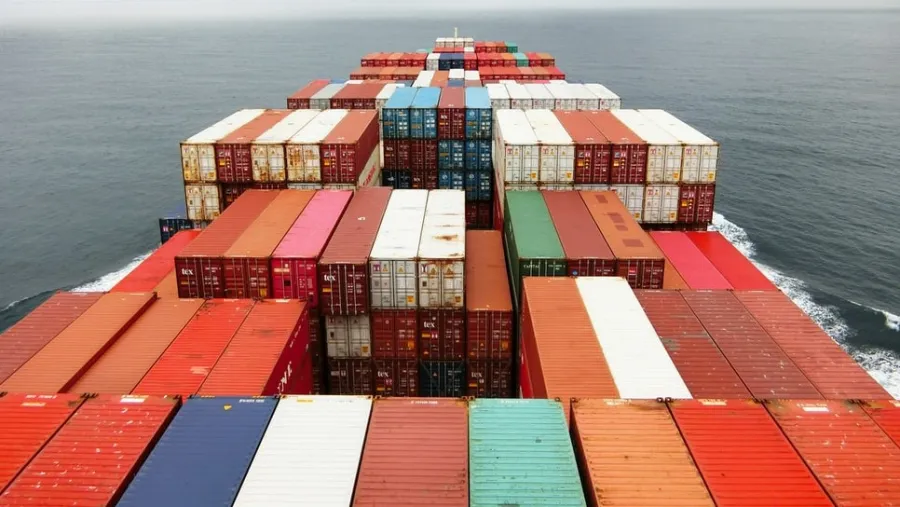
Global cargo insurance premiums reached $17.2b in 2020
Outlook for 2021 however looks bleak.
The International Union of Marine Insurance (IUMI) reported an increase in the 2020 cargo insurance premium base of 5.9% to $17.2b alongside an improvement in overall loss ratios.
Isabelle Therrien, the chairperson of the IUMI Cargo Committee, said they continue to see corrections, albeit at a slower pace than in previous years, in the cargo insurance market with a strengthening of the premium base and an improvement in their profitability.
“On the positive side, world trade recovery is well underway and forecasts project that larger economies such as China and the USA will lead the way. Since the fortunes of the cargo sector tend to mirror global trade, this is good news for cargo underwriters. However, the frailties in global supply chains exposed by COVID are likely to result in a re-organisation and, perhaps, a move to bring manufacturing bases closer to consumers. Inevitably this will impact our business,” Therrien added.
Therrien pointed out that disruption continues to plague maritime supply chains with port congestion and activity suspension commonplace. The shortage of containers and the move to bring forward the movement of seasonal goods to ensure an uninterrupted supply during the upcoming holiday season has also contributed to the problem.
Despite a good year in 2020, the outlook for 2021 is a cause for concern according to Therrien.
“A number of events have conspired to make 2021 look less bright from a cargo underwriting perspective. General Average was declared on the Ever Given containership which blocked the Suez Canal and there have been a series of other high-value casualties this year, including X-Press Pearl; in addition, Hurricane Ida and other nat cat events, such as wildfires and floods will have a negative effect on our result this year,” she added.
Therrien said in the past four years alone, they have seen an excess of $3b of cargo losses and that the severity and frequency of losses are increasing – a direct result of climate change, accumulation of risks, supply chain disruption and other factors. She added that the sector needs to review how it models and prices risk and it must draw on a range of predictive analytics to more accurately understand the new risk profile that the cargo insurance industry is beginning to face.
“There is now an acute recognition of shipping related risks by our assured as they have seen, first hand, the wider impact of incidents, such as the recent blocking of the Suez Canal. We are seeing a move towards more comprehensive underwriting submissions as assured ensure they are adequately protected. This bodes well for cargo insurance,” Therrien added.



















 Advertise
Advertise









